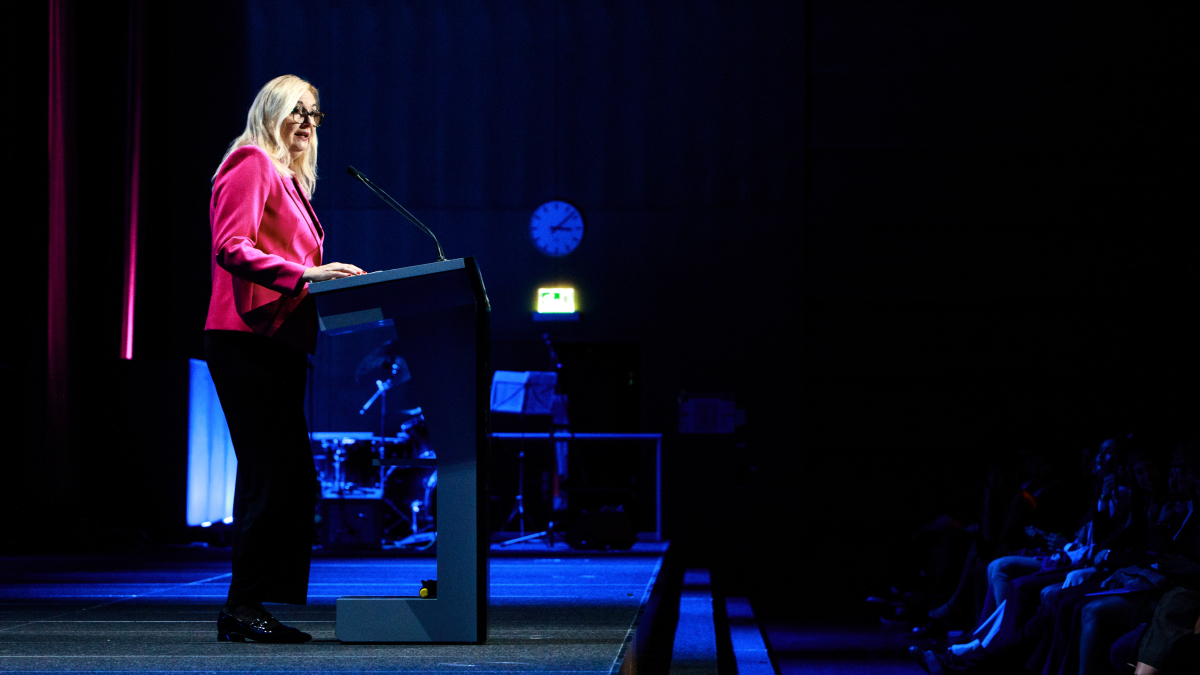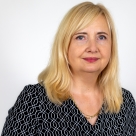10.12.2024
Inside the Faculty
Dean's editorial
The Bachelor Reform in Full Swing
Since the start of the 2023 academic year, HEC Lausanne students have benefited from a completely renewed Bachelor program, now offered entirely in English in addition to French. Students also have the option to follow a tailor-made bilingual path, allowing them to switch between languages weekly. During the Onboarding Days, we welcome HEC Lausanne students by offering workshops dedicated to each of our core values: RICE – Rigor, Integrity, Collaboration and Entrepreneurship.
The first year of the Bachelor program includes a mandatory year-long course in English. Students are divided into small groups based on their level, where they not only build their vocabulary but also develop presentation, public speaking and persuasive communication skills.
Additionally, first-year students learn to work in teams as part of a mandatory, cross-disciplinary introduction to sustainability course. This class is delivered online with in-person sessions during weeks 1 and 8 of each semester. This new structure changes the organization of both semesters for all "traditional" courses, which now begin in week 2 and pause in week 8.
In the second year of the Bachelor program, the academic structure also frees up weeks 1 and 8 of each semester for cross-disciplinary courses. Like in the first year, all classes are offered in both languages, leaving the choice to the students. Key courses include "Grand Challenges" which builds on sustainability topics, and "Communication and Leadership". The introduction of these cross-disciplinary courses aims to empower students to take responsibility for their self-directed learning using online materials while encouraging active learning through group projects and various activities during weeks 1 and 8.
The third year of the Bachelor program will be launched in the fall of 2025 and will maintain the same structure with weeks 1 and 8 dedicated to activities outside traditional teaching. It will offer more opportunities for practical experience including a new year-long consulting course for NGOs and the option to engage in volunteer work which will be credited at double the value of an internship.
Students are gradually discovering the new program, particularly the courses in English, and the feedback has been overwhelmingly positive. In English-taught courses, professors often progress faster through the material because of smaller class sizes allowing them to finish early while fostering more discussions and interactions. Interestingly, English-taught courses are not necessarily filled with native English speakers; many students come to Lausanne specifically to learn French. Among these classes, there is a significant presence of students with bilingual diplomas who previously studied subjects like mathematics in English at high school and continue to do so at university. This ensures a sense of continuity in the bilingual option established in the canton.
We continue to closely monitor the progress of this reform and are already halfway through the journey: a year and a half of this three-year Bachelor program has now been implemented! We are excited to see what comes next!



